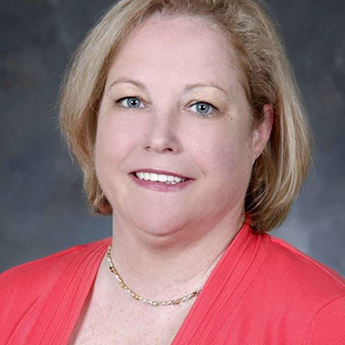Credit Risk Management: Principles and Practices, Tools and Techniques
A strong credit culture:
- Focuses the organization—everyone on the same page
- Reduces organizational conflict and confusion—priorities
- Minimizes the need for rigid controls
- Supports commitment to the organizational vision and mission
- Adds to the organization’s bottom line and enhances shareholder value
In order to achieve the advantages of a strong credit culture, there must be strong credit management achieving both means:
- Employing a set of diagnostic credit discipline tools to identify your existing culture and deciding on whether to maintain it or move on to a stronger culture
- Implementing the policies, processes, and procedures to implement your desired culture
- Managing the supporting infrastructure of credit administration, credit policy, loan documentation, loan booking, etc.
- The linkage between effective credit risk management and a strong credit culture
- Types of credit cultures and Methods for identifying organization’s existing credit culture
- Determining which credit culture best supports your organization’s risk appetite and risk tolerance
- Tools for identifying, measuring, and managing portfolio transactional, intrinsic, and concentration risks inherent in loan portfolios
- Examples of effective credit risk management practices and processes
- Elements of credit culture
- Types of credit culture
- Framework for implementing desired credit culture
- Credit discipline tools to diagnose, maintain and improve credit culture
- Managing transaction, intrinsic, and concentration credit risk
- Credit policy and credit administration best practices
Credit Risk Management is the function that ensures the organization is balancing its risk appetite with its risk tolerance to attain the organization’s desired credit risk objectives. This course provides guidance on how to implement and maintain the desired level of credit risk management with practical tools and techniques. Both the market and the regulatory agencies expect credit risk management to reflect the bank’s credit culture, so the class also offers direction on how to identify the organization’s credit culture and reposition it to support the desired credit risk culture and management.
- Credit Analysts
- Credit Managers
- Loan review officers
- Work-out officers
- Commercial Lenders
- Credit Risk Managers
- Chief Credit Officers
- Senior Lenders
- Senior Lending Officer
- Bank Director
- Chief Executive Officer
- President
- Board Chairman
A frequent speaker, instructor, advisor and writer on credit risk and commercial banking topics and issues, Martin J. "Dev" Strischek principal of Devon Risk Advisory Group based near Atlanta, Georgia. Dev advises, trains, and develops for financial organizations risk management solutions and recommendations on a range of issues and topics, e.g., credit risk management, credit culture, credit policy, credit and lending training, etc. Dev is also a member of the Financial Accounting Standards Board’s (FASB’s) Private Company Council (PCC). PCC’s purpose is to evaluate and recommend to FASB revisions to current and proposed generally accepted accounting principles (GAAP) that are more appropriate for privately held firms. He also serves as the PCC’s representative to FASB’s Credit Losses Transition Resource Group supporting the new current expected credit loss (CECL) standard to be implemented in fiscal year 2019 for public companies and 2020 for private firms.
The former SVP and senior credit policy officer at SunTrust Bank, Atlanta, he was responsible for developing, implementing, and administering credit policies for SunTrust’s wholesale lines of business--commercial, commercial real estate, corporate investment banking, capital markets, business banking and private wealth management. He also spent three years as managing director and credit approver in SunTrust’s Florida commercial lending and corporate investment banking areas, respectively. Prior to SunTrust, he was chief credit officer for Barnett Bank’s Palm Beach market. Besides stints at other banks in Florida, Kansas City, and Ohio, his experiences outside of banking include CFO of a Honolulu construction company, combat engineer officer in the U.S. Army, and college economics instructor.
A graduate of Ohio State University and the ABA Stonier Graduate School of Banking, Dev earned his M.B.A. from the University of Hawaii. Mr. Strischek serves as an instructor in several banking schools, including the Stonier Graduate School of Banking, and the Southwest Graduate School of Banking. His school, conference, and workshop audiences have included participants drawn from the ABA, RMA, OCC, Federal Reserve, FDIC, FFIEC, SBA, the Institute of Management Accountants (IMA) and the AICPA.
Mr. Strischek has written some 200 articles on credit risk management, financial analysis and related subjects, and he is the author of Analyzing Construction Contractors and instructor of a contractor analysis workshop. A past national chair of RMA and former RMA Florida Chapter president, Dev has consulted on credit risk issues with banks in Morocco, Egypt, and Angola through the US State Department’s Financial Service Volunteer Corps (FSVC).
Upcoming Webinars























































































